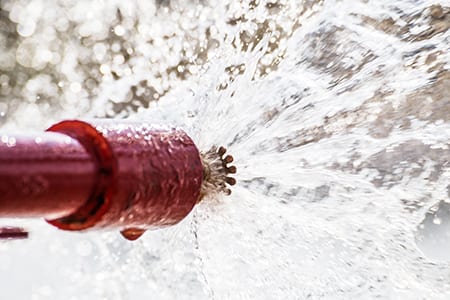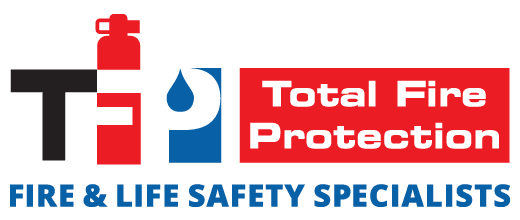 A commercial sprinkler system is the one thing every building owner should have and hope never to need. Sprinklers can be very effective for fire suppression, but they can be rendered useless if they aren’t maintained properly. Below, we’re discussing five steps you can take to ensure yours will work in case of a fire.
A commercial sprinkler system is the one thing every building owner should have and hope never to need. Sprinklers can be very effective for fire suppression, but they can be rendered useless if they aren’t maintained properly. Below, we’re discussing five steps you can take to ensure yours will work in case of a fire.
How Often Fire Sprinklers Fail
Unfortunately, even the best sprinkler systems can fail when they’re needed most. According to the National Fire Protection Association (NFPA), sprinkler systems fail in approximately 8% of fires nationwide. About 60% of these failures have been confirmed to be caused by improper maintenance of the system.
How Often They Should Be Inspected
The NFPA recommends weekly or bi-weekly inspections of your sprinkler system by you or a qualified employee. They also maintain that systems should be checked by a certified professional four times a year.
The Risk of Not Inspecting
As you can see from the statistics above, failures due to improper maintenance and inspections account for nearly 5% of sprinkler system failures during fires. Fires can cause significant and sometimes irreparable property damage, and they can destroy equipment and files you keep inside your building.
Most importantly, a fire that isn’t put out or suppressed by a sprinkler system can lead to serious bodily injury or even death of you and your employees.
Below are the five steps you can take to ensure your sprinklers are working correctly.
1 – Don’t Block the Sprinkler Heads
You need to maintain at least a foot and a half of open space below every sprinkler head. This will ensure the water will reach the fire rather than being impeded.
2 – Inspect Regularly for Damage
Check your sprinkler system thoroughly at least twice every month. Contact a professional if you notice damaged sprinkler heads, leaking valves, or any other abnormalities.
3 – Maintain Open Control Valves
The control valves control the flow of water through your sprinklers, so keeping them open at all times should be of utmost importance. Surprisingly, closed valves account for most sprinkler failures.
4 – Update Your System When Needed
Not all businesses and building layouts require the same sprinkler system. Changes in occupancy in your building may require a new system or updates to your existing one, so contact a professional for assistance if new tenants move in.
5 – Schedule Regular Maintenance
Finally, having a professional carry out routine maintenance is one of the best ways to keep your system functioning as intended. Contact one of our certified technicians to schedule maintenance on your sprinklers.




